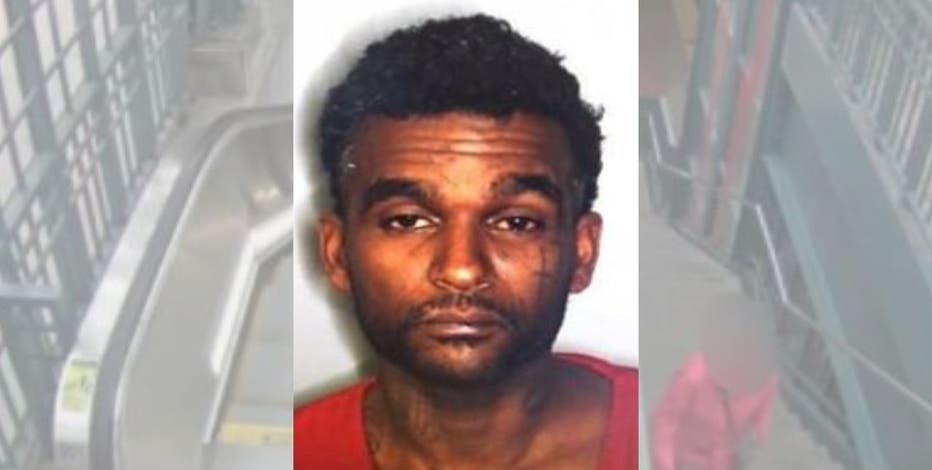DSHS changes may mean people needing mental health services could be released from jail
Hundreds sitting in jail while waiting for mental health treatment
Criminal defendants whose charges are dropped due to incompetency still need mental health services from the state, and hundreds of those people are not getting the treatment they need. Because there is no space at state hospitals, those people are sitting in jail.
Hundreds of people across Washington sit in jail waiting for mental health services from the state, and now officials with the Department of Social and Health Services say they may have to start refusing some patients.
The state is in a crisis when it comes to the need for mental health services for people facing criminal charges.
Officials with the Department of Social and Health Services say there is 850 people waiting to get into beds.
Due to the long waits, some judges are ruling the state must pay defendants who are stuck in jail.
One standout instance of this issue is the case of Alexander Jay.
Jay is accused of going on a 12-hour violent crime spree, including a murder, back in March 2022.
Featured
Man accused of random attack at Seattle light rail station also charged in stabbing that same day
A man arrested for allegedly throwing a woman down several flights of stairs at a Seattle light rail station has been charged for allegedly stabbing someone that very same day.
A judge ordered Jay must get into a state bed for mental restoration, or DSHS must start paying him $250 per day.
The judge made the ruling in May 2022 and Jay still remains in jail. The total cost of the compensatory sanctions equals about $61,500 in taxpayer money.
However, Jay is not the only case. In total, the state paid out more than $93,000 already to defendants in similar situations.
It is not just these defendants who are waiting for bed space at DSHS hospitals.
Civil conversion patients are defendants whose felony charges have been dropped because they aren’t able to regain their mental competency.
Despite the charges being dropped, these civil conversion patients are still ordered to get mental health treatment
Their treatment, however, takes longer than most competency patients. According to DSHS, it can take four to five times longer. That means beds are occupied for longer too.
Here is DSHS's full memo below:
In a memo sent to judges, defense attorneys, prosecutors, and law enforcement, DSHS explains they no longer can handle the amount of felony civil conversion patients, and will have to start turning some away.
According to the memo, this could lead to, "these individuals then being released from jail into the community."
Officials with the King County Prosecuting Attorney’s Office say they did not get any prior warning of this change before the memo’s release.
They say they are unsure what criteria DSHS is using to make decisions.
Officials with DSHS say determining factors for patients are based on who is the highest risks when considering their charges, criminal history and their current mental state.


